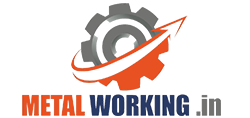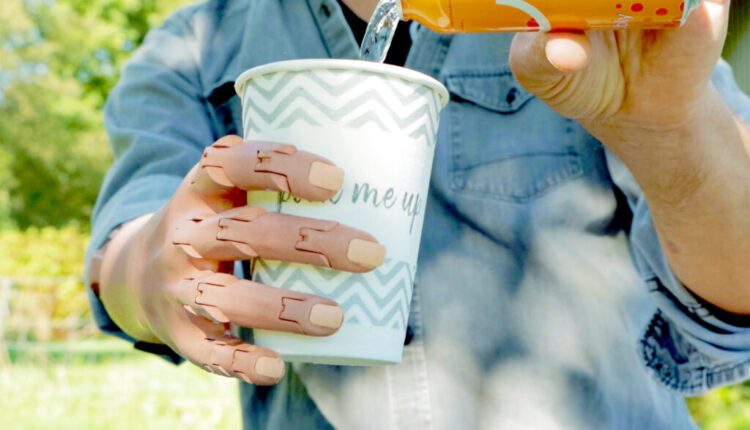You may not know about Easton LaChappelle and Unlimited Tomorrow yet, but you should. Occasionally, when working in the software industry you come across a company that doesn’t just talk the talk about helping humanity, but who actually walks the walk. Unlimited Tomorrow is just such a company. With an origin story that includes science fairs, TED talks, and the President of the United States, you can say that Easton and Unlimited Tomorrow already has a storied history for such a nascent endeavor. However, that comes with the territory when you’re trying to change the world.
There are currently over 40 million amputees globally, many without access to prosthetics or care. Unlimited Tomorrow is aiming to change this, one patient, at a time, with their TrueLimb product. Today, TrueLimb prosthetics are available for youth amputees because younger people face unique challenges with prosthetics. Standard prosthetics tend to be heavy and uncomfortable, leading many children to abandon their prosthetics. Exacerbating the problem is the fact that children outgrow their prosthetics just like they outgrow shoes. At an average cost of $80,000 per limb, the costs to keep a child outfitted with an appropriate prosthetic can be astronomic.
Unlimited Tomorrow’s TrueLimb weighs 3 pounds less than a traditional prosthetic, has a custom fit body/device interface for enhanced comfort, and costs 1/10 what a traditional prosthetic costs. All of these factors and more are reasons why the TrueLimb device is revolutionizing the youth prosthetic market, and the key to unlocking all of this innovation is additive manufacturing.
“With our previous workflow, we’d get a 3D scan of a user’s residual limb, load it into our CAD tool and combine it with a generic socket model. Then we’d use another software to morph the generic model to the scan. The process was slow and it was hard to modify the results. Often, we had to redo the process with no guarantee it would work the next time.”
Easton LaChappelle – Founder and Chief Executive Officer, Unlimited Tomorrow
Unlimited Tomorrow uses HP’s full-color printing technology along with Siemens software to deliver a unique custom-fit prosthetic to every patient. The process begins with a scan of the patient’s residual limb. This data is fed into Siemens NX where a custom arm “socket” is developed. In the past, Unlimited Tomorrow would send the patient a kit with a multitude of sockets for trial fitting. That process has been drastically reduced by using the ability of Siemens NX software to bring in the scanned residual limb and then manipulate the arm socket geometry for a custom fit. Furthermore, the process is automated to the point that clinicians can perform the fitting and geometry manipulation rather than engineers, removing another barrier to the delivery of a custom device to the patient.
Working with the Unlimited Tomorrow engineering team, Siemens consultants developed a solution leveraging NX™ Product Template Studio software. The new solution combined automated optimization with a rules-based parametric design to give the Unlimited Tomorrow team much greater control of the socket geometry. The result of this marriage between cutting-edge software and 3D printing is a high level of quality and consistency in the generated sockets as well as a drastic reduction in lead time for getting the final prosthetics to patients.
“Since the solution is all in one system, if we have a tweak that we want to make we don’t have to restart the process like before.”
Mike Landolfa – Lead Mechanical Design Engineer, Unlimited Tomorrow
In the future, Unlimited Tomorrow is looking to expand to meet the needs of the wider amputee market beyond youth arm prosthetics. This type of expansion requires new levels of efficiency in their AM operation. To meet these requirements, Unlimited Tomorrow is exploring the possibility of using further Siemens software products including solutions like automated build tray nesting. Automated nesting will free their production team from the need to manually place parts to be printed in the build tray, a task that takes significant time. With products like Siemens auto-nesting as a key component for scaling their operation, Unlimited Tomorrow can bring their goal of cost-effective prosthetics to a much wider set of amputees across the world.
Turning a world-changing vision into reality is a heavy task. However, with a unique blend of powerful software, 3D printing hardware, and strong roots in innovation, Unlimited Tomorrow is helping humanity one patient, and one custom-printed TrueLimb at a time.
This content was originally published on the Siemens website.

